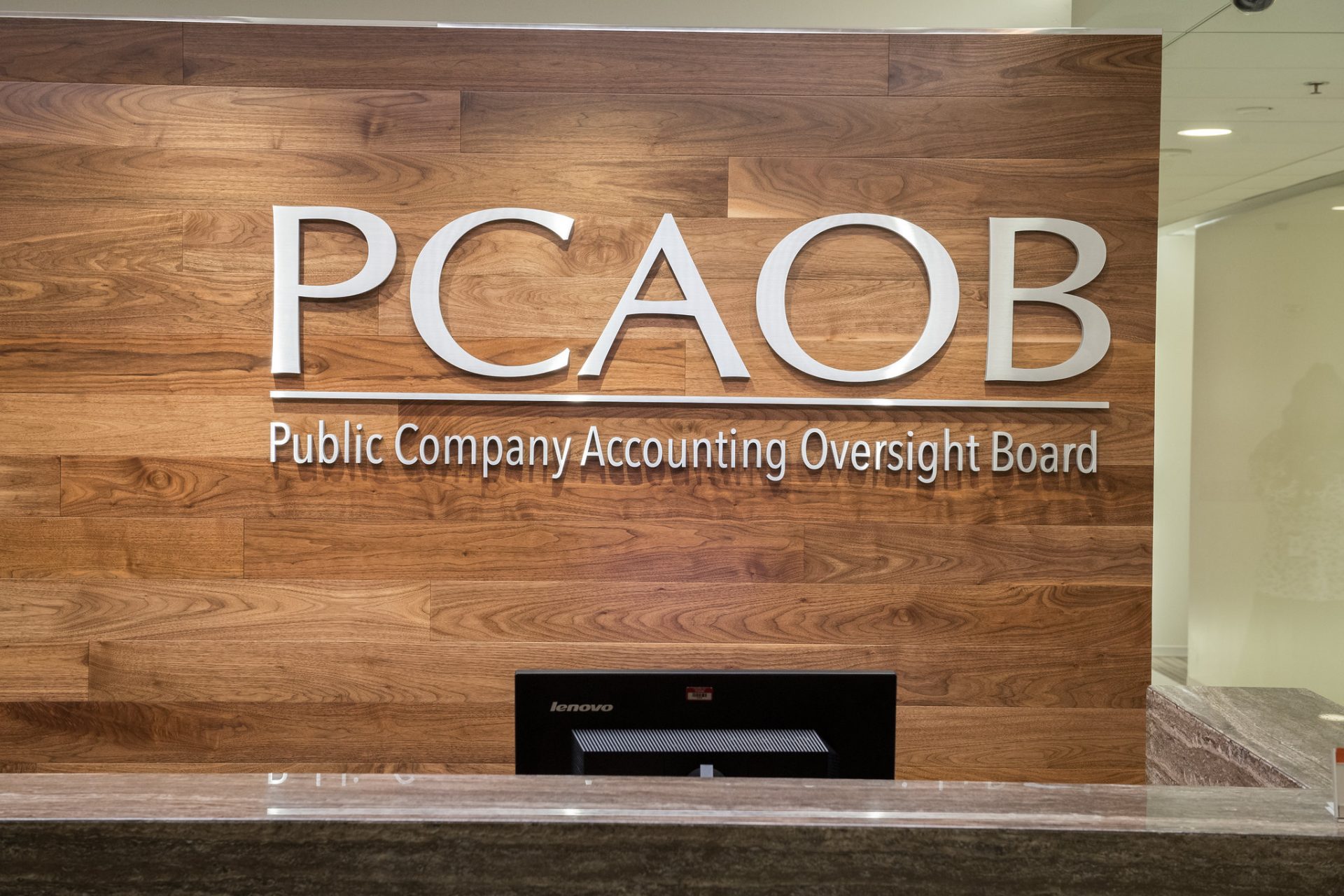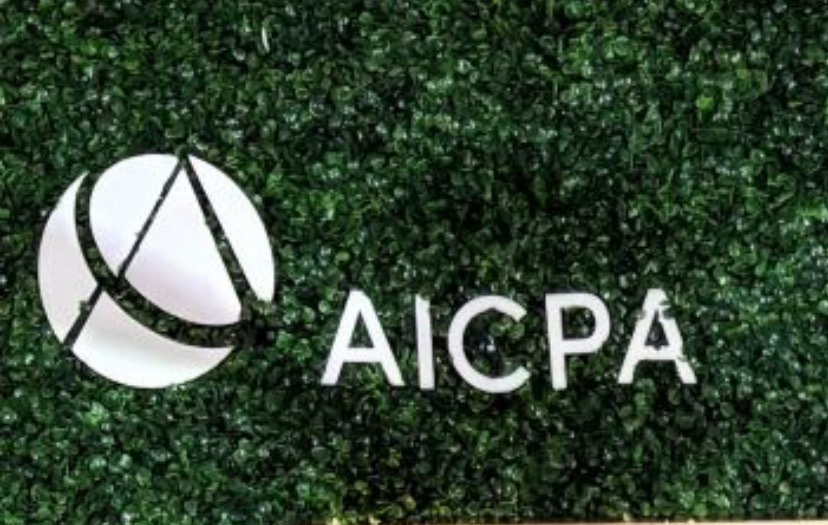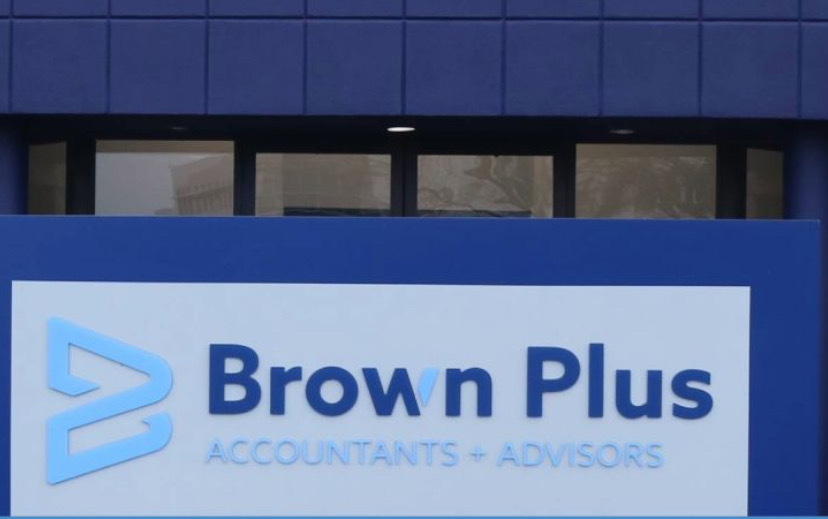A new rule proposed by the Public Company Accounting Oversight Board (PCAOB) on Tuesday would prohibit audit firms from making false or misleading statements regarding their registration status with the regulator to clients and potential clients.
Under the Sarbanes-Oxley Act, public accounting firms must register with the PCAOB before they can prepare or issue an audit report for a public company or a broker-dealer. As such, registered firms must follow the board’s auditing standards and are subject to inspections and potential enforcement actions.
However, the PCAOB stresses that registration in and of itself doesn’t indicate that a firm provides high-quality service. In its rule proposal, the board said:
[W]e have noted instances where some registered firms have claimed on their websites that PCAOB registration is a “seal of approval” and a “mark of excellence.” They also have stated, for example, that PCAOB registration is a distinction that empowers them to deliver the “highest level of service and expertise” to clients. However, PCAOB registration is not a seal of approval, and … mischaracterizations about the significance of PCAOB registration may cause market participants—including investors, clients, potential clients, audit committees, and the general public—to draw inaccurate conclusions about the extent of the PCAOB’s oversight authority over the firm or the quality of services provided by the firm or registered firms in general.
There currently isn’t a PCAOB rule or standard that limits how a registered firm or its associated persons may characterize the firm’s registration and oversight in marketing and other external communications.

“PCAOB registration is not an advertising gimmick for firms,” PCAOB Chair Erica Williams said in a statement. “In order to protect investors from misinformation, there must be consequences when firms misrepresent their registration status or what it means.”
The proposal—Rule 2400, False or Misleading Statements Concerning PCAOB Registration and Oversight—would strengthen investor protection and confidence in three ways, according to the board:
1. Establishing a general prohibition on false or misleading statements concerning registration: The proposed rule would generally prohibit a registered firm and its associated persons from making false or misleading statements concerning the firm’s PCAOB registration status, including the extent of the board’s oversight over the firm’s services.
2. Providing specificity about the application of the general prohibition: The rule would set forth a non-exhaustive list of scenarios that would violate the general prohibition. These include certain statements regarding PCAOB registration and oversight that:
- State or imply the PCAOB sponsors, recommends, or otherwise endorses the firm or its services;
- Are made by a firm that is not currently subject to PCAOB oversight;
- Refer to particular services that are not subject to PCAOB oversight;
- Appear in auditor’s reports for clients other than issuers or broker-dealers; or
- Are made about a firm with a pending request to withdraw from PCAOB registration.
3. Codifying the board’s practice of considering false or misleading statements during the registration process. The final provision would codify the board’s current practice of considering any prior false or misleading statements made by an applicant firm or its personnel regarding the firm’s registration status, including the extent of PCAOB oversight of the firm, when reviewing an application for registration with the PCAOB from the firm.
The proposed rule also includes a new procedural mechanism—proposed new paragraph (h), Constructive Withdrawal Requests, of existing PCAOB Rule 2107, Withdrawal from Registration—that would permit the board, under specified conditions, to:
- Treat a registered firm’s failures both to file annual reports to the PCAOB and to pay annual fees to the board for at least two consecutive reporting years as a constructive request for leave to withdraw from PCAOB registration, and
- To deem the firm’s registration withdrawn.
The deadline for public comment on the proposal is April 12, 2024.
Thanks for reading CPA Practice Advisor!
Subscribe Already registered? Log In
Need more information? Read the FAQs




